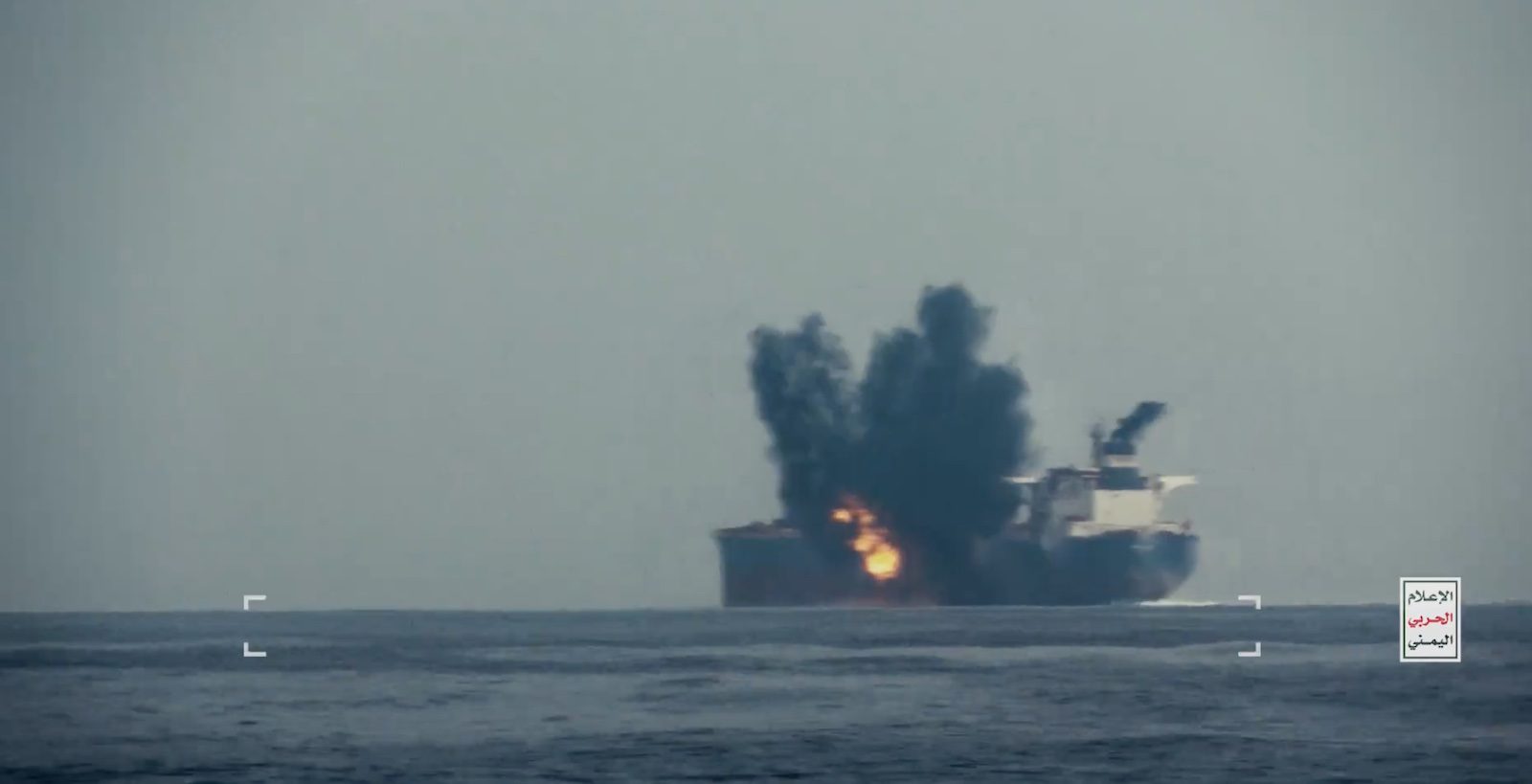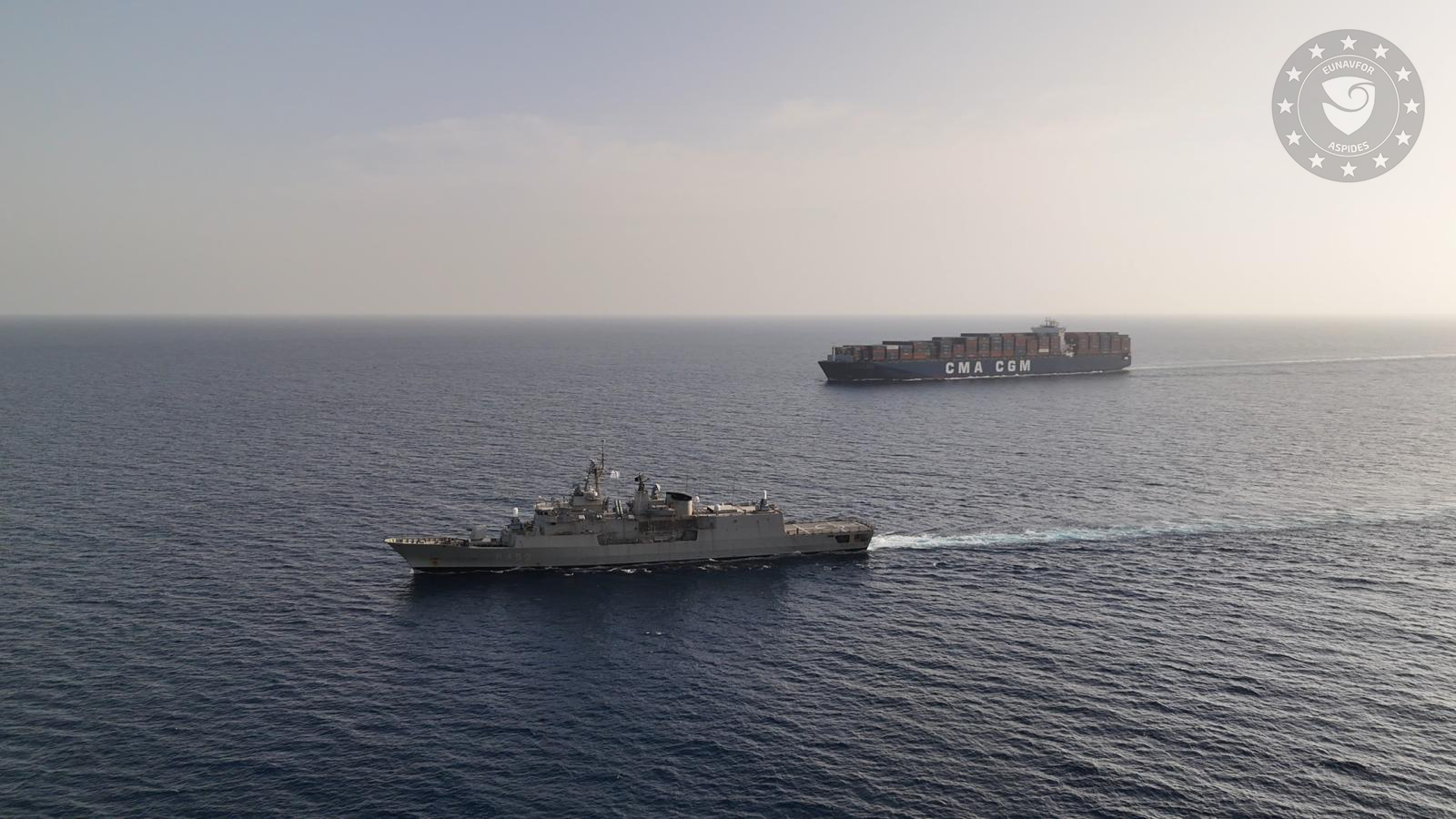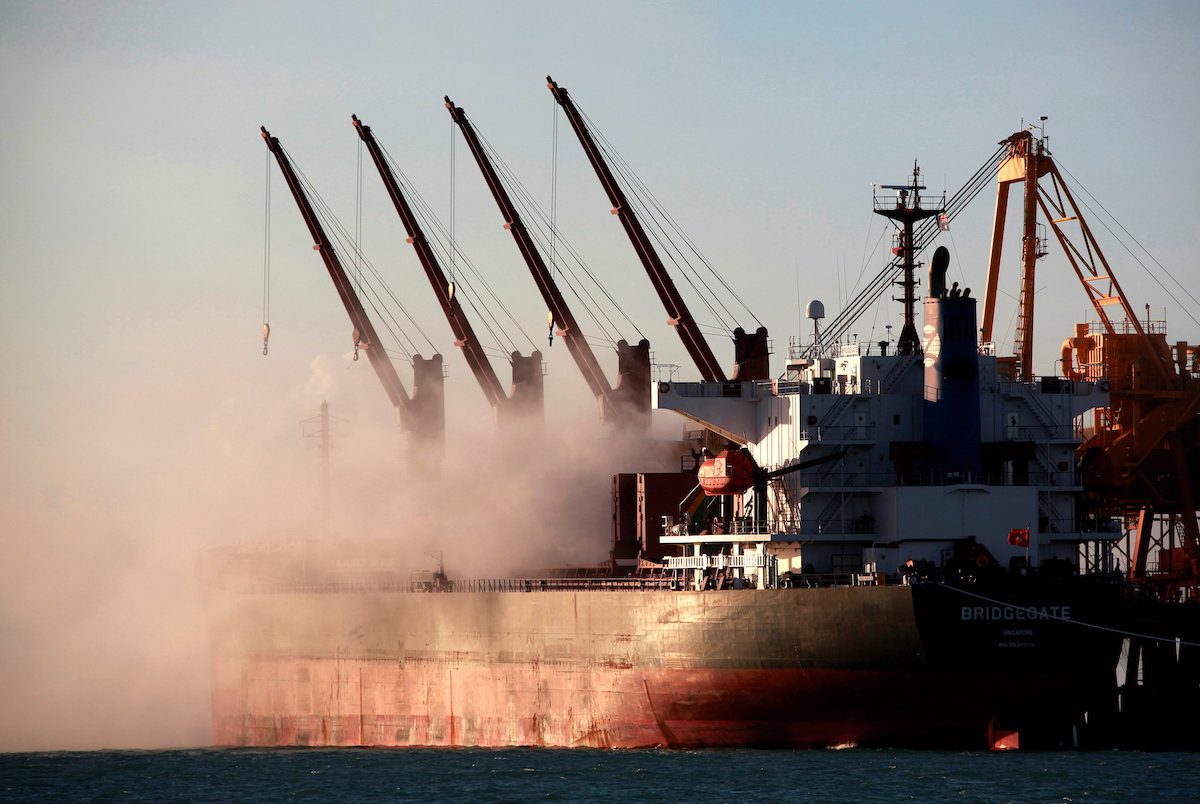The Houthi militant group in Yemen has announced a suspension of maritime operations against Israel and formally ended its naval blockade of Israeli ports, marking a significant shift in Red Sea shipping security.
The announcement came through a formal letter sent to Hamas’s military wing, Kata’ib al Qassam, by newly appointed Houthi Chief of Staff Yousef Hassan Al Madani, who assumed the role following the death of his predecessor, Mohammed Al Ghamari, in Israeli airstrikes. The move indicates that attacks against vessels previously targeted for calling at Israeli ports have now ceased. The letter was first reported by the Associated Press.
However, maritime security experts are urging caution despite the declared pause. Martin Kelly, Head of Advisory at EOS Risk Group, emphasized that the risk reduction should not be mistaken for complete elimination.
“As of 11 November, the risk of Houthi attacks against shipping in the Red Sea and Gulf of Aden and broader region is significantly lower,” Kelly noted. “However, despite the declared pause, the Houthis retain the capability to conduct missile, drone, and USV attacks against commercial shipping in the Red Sea, Gulf of Aden and Arabian Sea.”
In his letter, Al Madani reaffirmed Houthi support for Hamas and the Palestinian cause while making explicit the conditions under which attacks could resume.
“We are closely monitoring developments and declare that if the enemy resumes its aggression against Gaza, we will return to our military operations deep within the Zionist entity, and we will reinstate the ban on Israeli navigation in the Red and Arabian Seas,” Al Madani stated.
Kelly notes that Houthi attacks against shipping correlate directly with the status of the Israel-Hamas conflict, meaning serious breaches of the current ceasefire could constitute a return to attacks. Meanwhile, the group’s infrastructure, weapons stockpiles, and coastal launch sites also remain fully operational.
Kelly advised that maritime operators should continue to treat the risk as suppressed rather than removed, particularly for vessels linked to Israel, its allies, or perceived Western interests.
The Houthis’ campaign against commercial shipping in the Red Sea began following the October 2023 outbreak of the Israel-Hamas conflict, significantly disrupted one of the world’s most vital maritime trade routes, forcing many vessels to reroute around Africa, adding significant costs and increasing transit times that have pushed up shipping rates. Since the attacks began, the Houthis have targeted more than 100 merchant ships traveling through the Red Sea, sinking four vessels, seizing another, and killing at least eight seafarers.
While the suspension offers temporary relief to the global shipping industry, the conditional nature of the announcement and the Houthis’ retained capabilities mean that maritime operators transiting the region will need to maintain heightened vigilance and continue monitoring the evolving security situation.

 Join The Club
Join The Club











